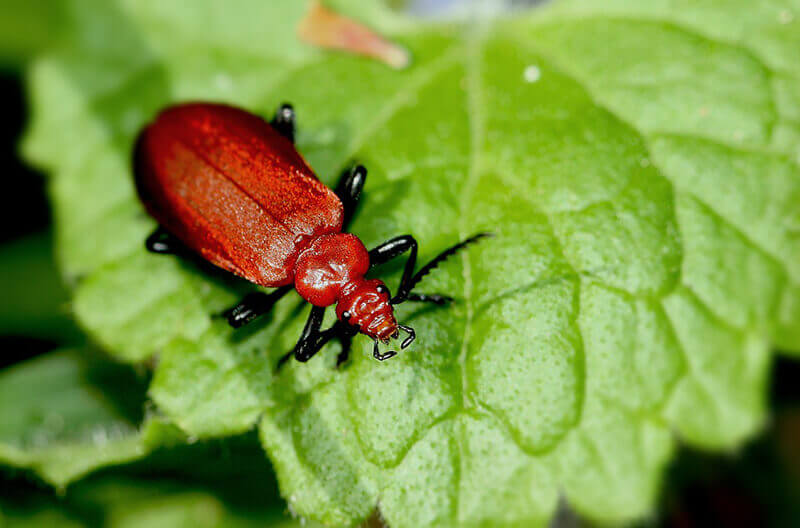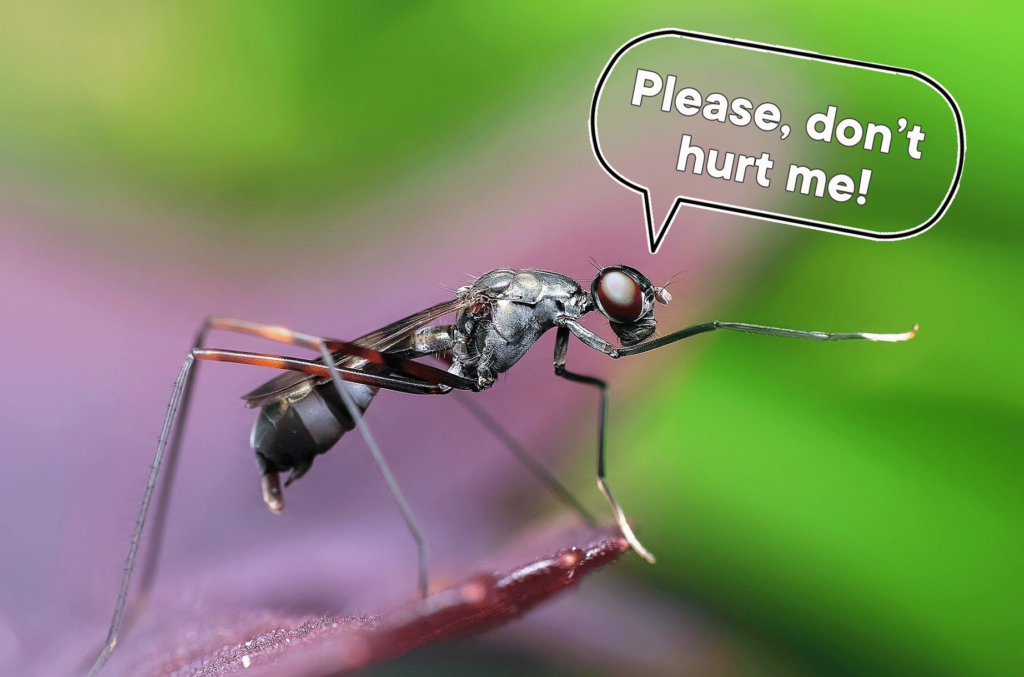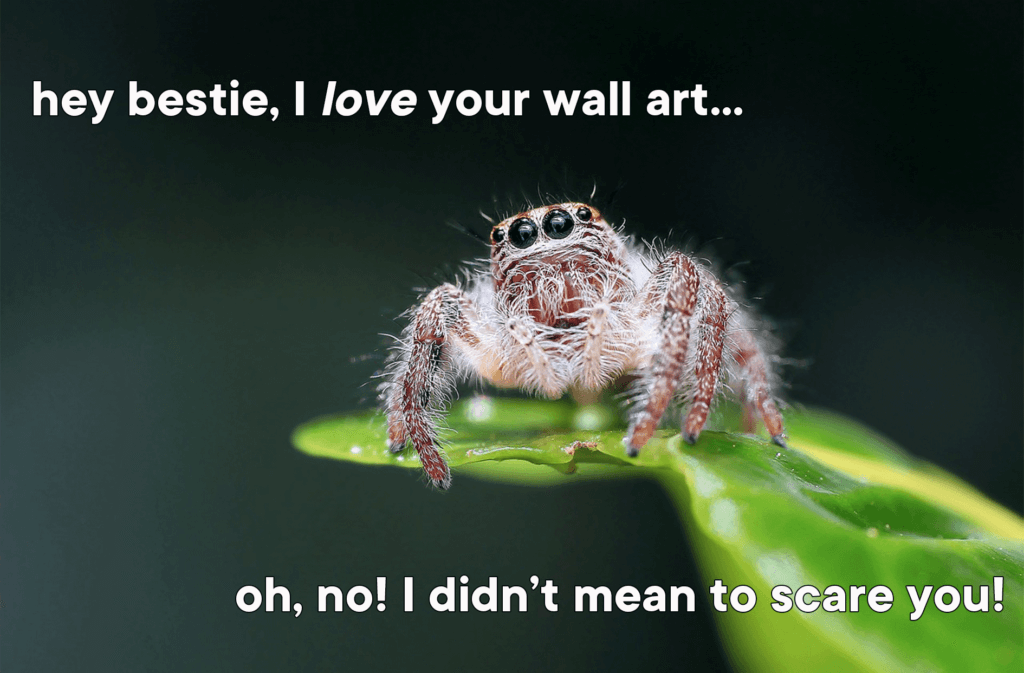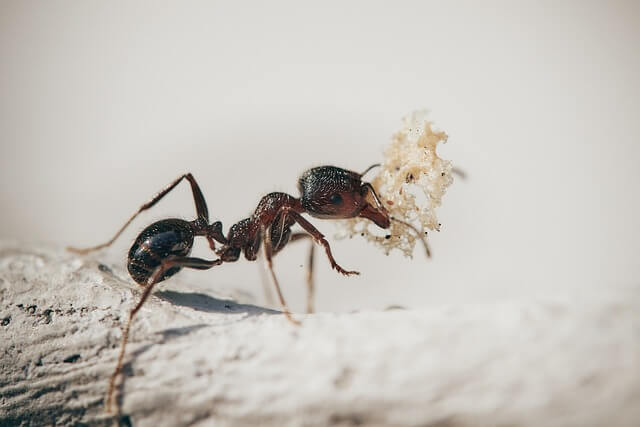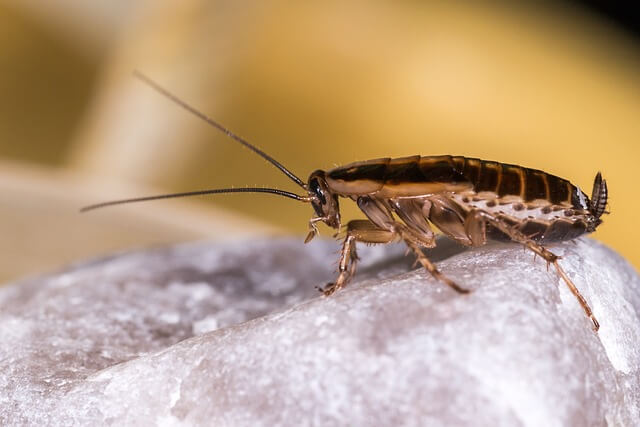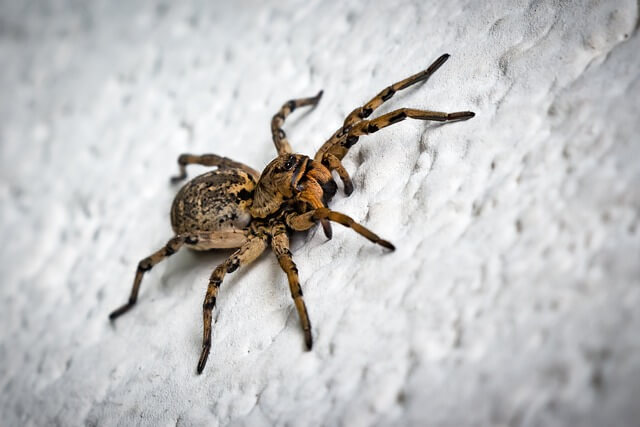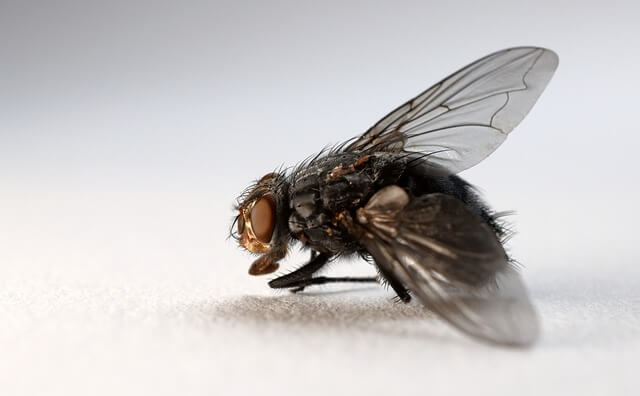Do Insects Feel Pain?
We’ve all had encounters with houseflies, ants, cockroaches, spiders, and other bugs. But have you ever wondered if they feel pain?
All animals have feelings—regardless of their shape or size or whether they’re considered “pests.” According to a scientific study, insects’ brains perform the same functions that the human midbrain—which supports our capacity for awareness—does.
“People don’t really think of insects as feeling any kind of pain, but it’s already been shown in lots of different invertebrate animals that they can sense and avoid dangerous stimuli that we perceive as painful.”
Greg Neely, Associate Professor, University of Sydney
So just like all other animals, bugs suffer when they’re poisoned, squished, trapped, left to die, or killed in other ways. It doesn’t matter that they don’t look like us—they’re sentient beings who deserve to live.
Plus, 👏 insects 👏 are 👏 fascinating!
Ants use “math” to find the fastest path from one place to another. Honeybees can count and group similar objects, such as dogs and human faces. Mother crickets warn their offspring—even before they hatch—about the dangers that spiders pose to them. Spiders have all kinds of personalities. Some are shy, and others are more aggressive. Fruit flies appear to contemplate before making a decision when they’re presented with a difficult choice. Cockroaches live in tight-knit communities and can recognize individual members of their families.
Don’t mind insects at all? That’s great! But if you have a tiny uninvited guest in your home, there are many humane ways to get them out that don’t involve hurting or killing them. Live and let live, right? Here are some humane methods to use so that you can coexist peacefully:
Ants
If you see ants in your home, find out where they’re entering so that you can seal any openings around doors, windows, and walls. These are natural repellents that you can use at the entry points:
- cinnamon sticks
- coffee grounds
- chili peppers
- paprika
- dried peppermint leaves
- a squirt of lemon juice
- cloves of garlic
Bees and Wasps
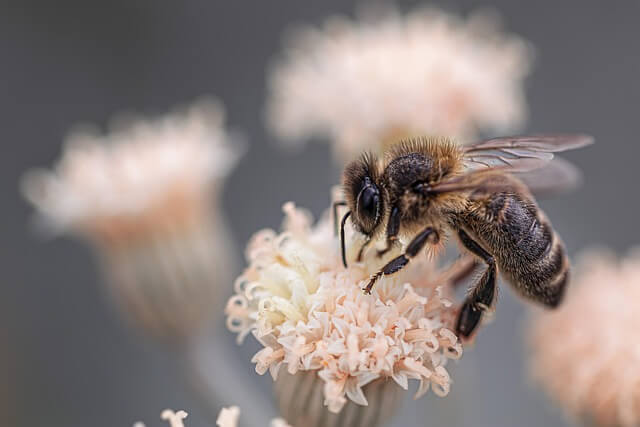
If you see a bee or a wasp heading toward you, try to remain calm! Remember that bees are always on the lookout for food like pollen, so they may land on your skin to inspect a scent. Avoiding quick movements is the best thing to do.
If bees or wasps make their way into your home, slowly approach them and trap them using PETA’s humane bug catcher. Then release them outside.
Cockroaches
The best way to deal with cockroaches is to make your home the sort of place they wouldn’t like to explore. Here’s how to do that:
- Keep food in tightly sealed containers.
- Keep the sink and counters clean and free of leftover food.
- Keep normally moist areas dry. (Cockroaches love water, even just a few drops.)
- Use natural repellents such as bay leaves, garlic, catnip, and cucumbers to keep cockroaches away. Place the repellents in high and damp areas.
Spiders
Spiders (who are technically arachnids, not insects) are more afraid of you than you are of them. Those who live in our homes can even help control populations of other “pests,” like mosquitoes. If you decide to remove eight-legged buddies hanging out in your place, carefully trap them in a jar and then release them outside.
Flies
If you see houseflies or fruit flies buzzing around, you can either open a window to let them out or use the humane bug catcher mentioned earlier. Then, be sure to seal any open food containers and put away your fruit. Also, clean the kitchen with a vinegar-based cleaner (or a solution of vinegar diluted in water).
*****
The next time you come across ants, cockroaches, spiders, houseflies, or other bugs, don’t swat them—treat them humanely instead.
Bugs and other animals are like you, only different!
Text peta2 to 30933 for ways to help animals, tips on compassionate living, and more!

Terms for automated texts/calls from peta2: http://peta.vg/txt. Text STOP to end, HELP for more info. Msg/data rates may apply. U.S. only.

